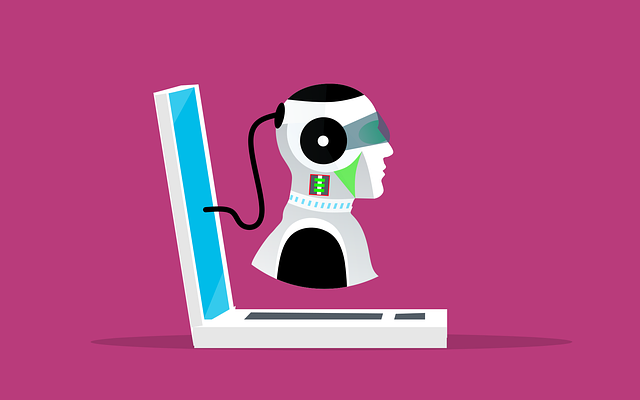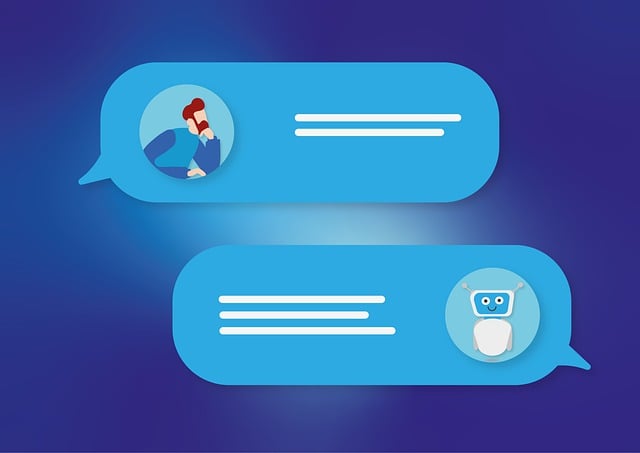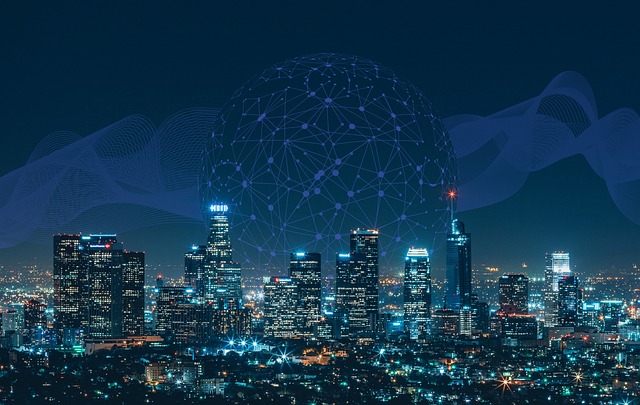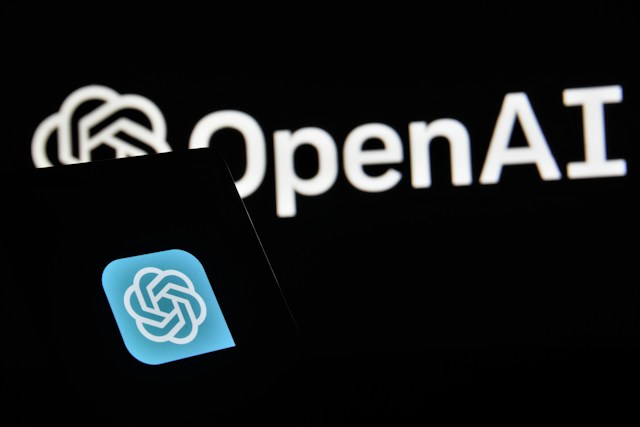ChatGPT, launched in 2022, has quickly become one of the most popular AI tools.
It provides helpful answers and creative content for millions of users daily. However, concerns around ChatGPT’s safety and security are rising.
Should we actually fear using chatGPT? While it is considered safe, there are a few risks that everyone should be aware of.
In this quick guide, we’ll break down key aspects of ChatGPT security, potential privacy risks, and existing regulations.
Is ChatGPT Considered Safe?
ChatGPT is generally safe thanks to proactive efforts by creator OpenAI. Although, some limitations and risks exist. Let’s look at this in detail.

Built-in Security Features
ChatGPT has security features to reduce the risk factors. OpenAI has implemented various measures to help keep ChatGPT use safe:
Any data we put in are end-to-end encrypted. It protects the conversations both in transit and at rest. ChatGPT has access controls with strict permissioning, which limits the exposure of confidential data.
OpenAI has also implemented external security audits. These annual third-party audits identify the drawbacks and loopholes to ensure the controls are effective over time.
OpenAI also has a bug bounty program to crowdsource finding bugs. This bug bounty program has incentives as well. This makes the public liable, too.
However, no solution offers complete safety. Users must be more aware of their own security.
Lack of Confidentiality

A major limitation is that ChatGPT provides no confidentiality guarantees. They are open about it as well. All conversations are visible to OpenAI and can be used to refine language models.
You can choose not to save your chats. But, the staff can still access them for abuse monitoring for 30 days before they get deleted.
The bottom line is don’t share truly sensitive information through ChatGPT directly.
Key Privacy Risks
Understanding how OpenAI handles data helps us make informed privacy decisions:
Improving Language Models
By default, OpenAI retains chat logs for training AI systems unless we choose not to. Data is further edited to remove personal details.
You can disable chat retention in Settings. However, chats will still be accessible to staff for 30 days.
Third-Party Data Sharing

OpenAI states it does not share or sell user data to third parties like data brokers. However, some user data facilitates operations via third-party service providers.
Retention Periods and Compliance
OpenAI adjusts how long they keep data to follow rules like GDPR, all while making sure the data is still useful for improving the model.
Specific timeframes are not publicly disclosed, so check OpenAI’s Privacy Policy for updates.
Potential Threats and Risk Scenarios
While ChatGPT is built responsibly, there is a potential risk of it being misused by malicious individuals in new and evolving threat situations.
If data breaches occur, server compromises could expose chat logs and user data. Misinformation can spread like wildfire, especially with a tool so popular as chatGPT.
Inaccurate content from ChatGPT could lead to bad decisions with serious consequences.
Another major risk is that the model might reflect problems from its training data, and addressing bias is a priority.
Phishing concerns cannot be avoided. ChatGPT output in the wrong hands can result in large-scale social engineering attacks.
Early examples of malware development show that AI-powered malware risks are growing more dangerous over time.
Users should approach such tools thoughtfully rather than viewing them as flawless.
Regulations Around AI-Language Models

As cutting-edge technologies often develop faster than policies can keep up, direct supervision of systems like ChatGPT is currently limited. However, there are emerging efforts to address and bridge this gap.
- Governments like the EU increasingly propose AI regulations to encourage accountability.
- In the US, President Biden’s National AI Strategy promotes AI safety.
- We’ll likely see data privacy laws evolve to cover risks linked to generative models.
While no overarching legal framework exists yet, users should make ethical decisions given chatbot risks span personal to societal harm.
Explore our curated list of 100 highly effective ChatGPT prompts designed to enhance your academic writing skills and streamline the creative process.
How To Use ChatGPT Safely
Despite built-in controls by OpenAI, prudent usage remains imperative to managing risks responsibly:
- Avoid sharing personal information linked to your identity directly through ChatGPT conversations.
- Before relying on any important advice from ChatGPT, it’s wise to cross-check it with reliable offline sources to ensure accuracy and reliability, especially in critical situations.
- Frequently review OpenAI’s privacy policy and data usage, as terms may change over time.
- Use anonymous accounts where possible when interacting with ChatGPT.
- Disable chat logging and opt out of training data usage in Settings if you have concerns over data privacy.
- Report inappropriate content to help train language models responsibly.
By using ChatGPT thoughtfully, users can harness its capabilities to gain valuable benefits while minimizing potential risks.
Discover Turnitin’s ability against ChatGPT in our comparison: ‘Can Turnitin Detect ChatGPT?
FAQs
Is ChatGPT confidential?
No – ChatGPT provides no confidentiality guarantees. OpenAI staff can access conversations and chat logs to train AI models.
Can you get hacked by ChatGPT?
While direct hacking by ChatGPT remains unlikely, exposure of conversations through data breaches introduces privacy risks. Good security hygiene is essential.
Does ChatGPT store your conversations?
Yes, ChatGPT retains chat logs by default to improve language models. You can disable retention, but data remains accessible to staff for 30 days before deletion.
Conclusion
Everybody uses ChatGPT, either for personal or professional use. When used carefully and appropriately, this can be a great resource. However, the AI tool comes with a few safety and privacy concerns.
So, always make sure that you thoroughly go through chatGPT’s privacy policies.
It takes both the creator’s and users’ efforts to do so. Possibilities are such a powerful AI model will keep on growing and will introduce more innovative ways to make our lives easier.
The challenge lies in identifying and rectifying the risk factors involved.
With awareness of such security gaps and being cautious, this revolutionary AI chatbot can have a positive impact. So, use AI responsibility!
